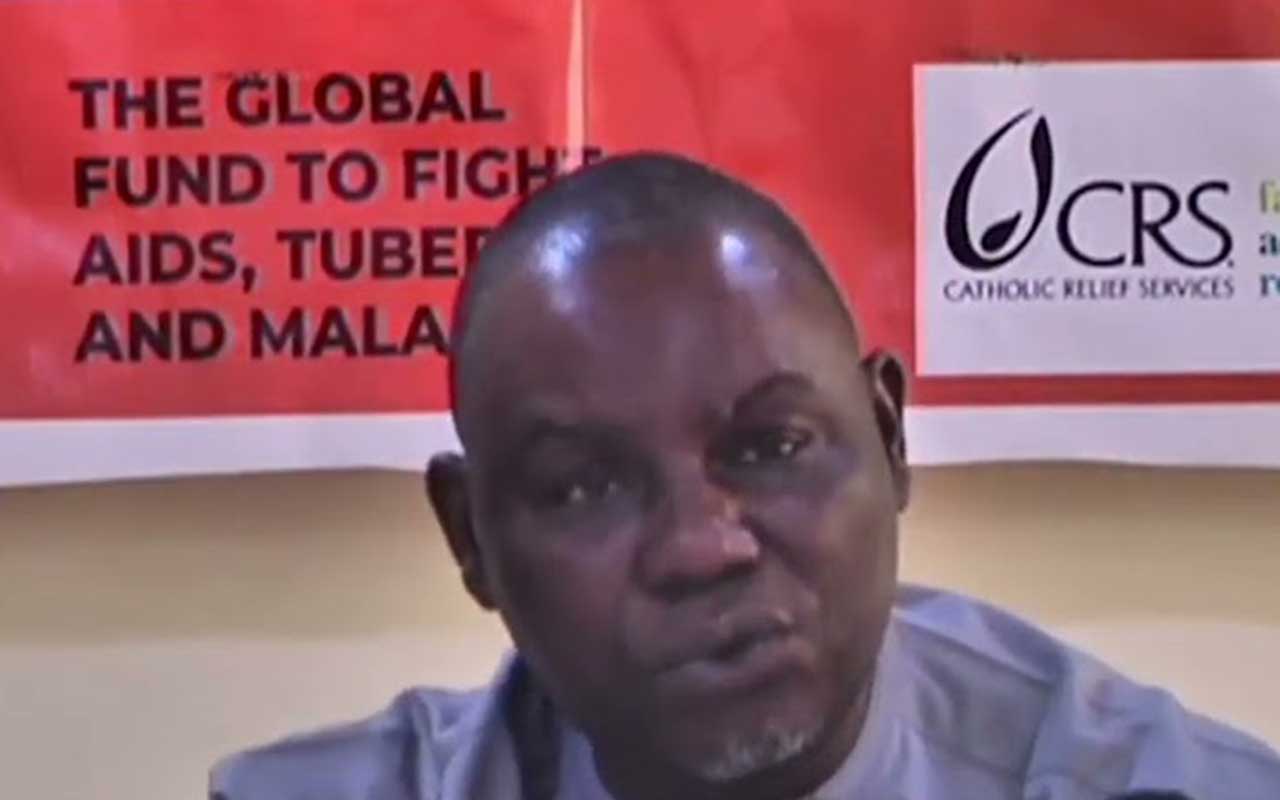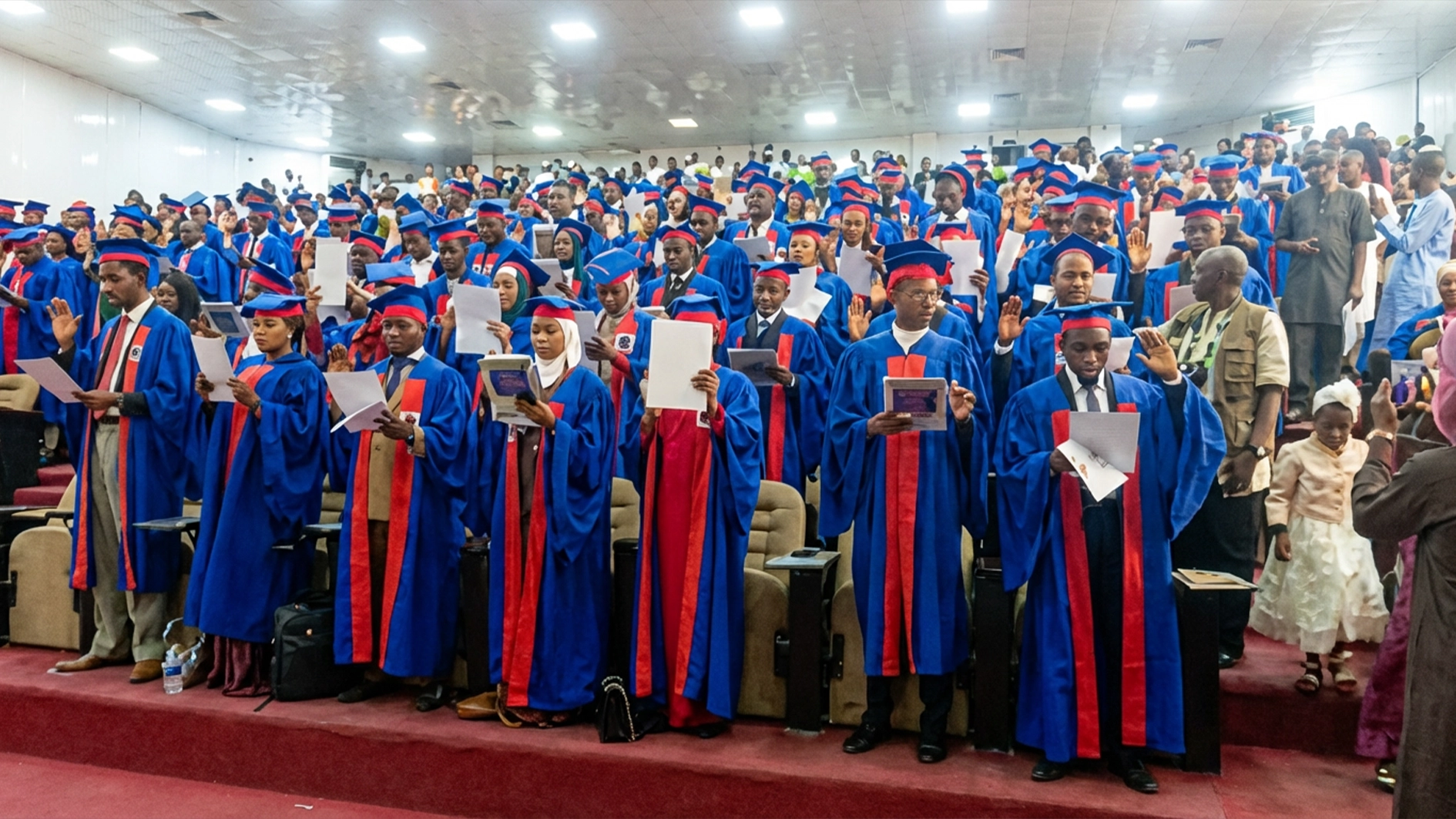
4‘70% of oxygen equipment rots away in states’ medical stores’
The Civil Society in Malaria Control, Immunization and Nutrition (ACOMIN) has called for urgent action to safeguard primary healthcare facilities in rural areas as lack of adequate security is affecting their operations.
The group also decried the deterioration of infrastructure at the healthcare centres, non-functional equipment, lack of constant or alternate power supply and poorly maintained water and sanitation systems, which contribute to further reduction in the efficiency and quality of healthcare services and morale of staff.
National Coordinator, ACOMIN, Ayo Ipinmoye, who disclosed this at an Advocacy-focused Media Dissemination meeting in Abuja, called for active involvement of communities in securing hospital facilities and health workers.
He said there have been cases of theft of hospital equipment and attacks on health workers while on duty resulting from poor security at the health facilities.
Ipinmoye decried the absence of physical barriers, security personnel and other safety measures at most of the facilities, which pose risks to both patients and healthcare workers, particularly in high-risk areas.
He said: “Without proper security, healthcare facilities become vulnerable to theft, vandalism and violence. The communities also bear the impact, as unsafe facilities deter people from seeking timely care, undermine trust in the healthcare system and lead to deteriorated health outcomes.
Additionally, healthcare staff may become reluctant to work in such conditions, especially at night, further straining the already limited healthcare resources available to the community.”
Ipinmoye emphasised the need to address the security challenges facing healthcare facilities, community ownership and involvement, adding that when communities take ownership of the safety and security facilities and the staff, they become proactive partners in safeguarding them.
He urged communities to establish neighbourhood watch programmes, which will take an active role in monitoring the facilities.
According to him, lack of essential resources, such as medical equipment, and medicines, staff shortages and inadequate security measures are impeding the ability of health facilities to deliver optimal care.
Also speaking, the Executive Secretary, Country Coordinating Mechanism (CCM) of the Global Fund, Mr Ibrahim Tajudeen, lamented that about 70 per cent of oxygen equipment procured to strengthen Nigeria‘s health system and relieve the citizens of the financial burden of out-of-pocket expenses on medical treatment are kept under lock and key at the various medical stores in the states.
Tajudeen said that efforts of civil society towards ensuring increased access to improved health services at the country’s health facilities are on course. He observed significant improvements in strengthening health systems across the 36 plus health systems, adding that investment towards the pandemic preparedness response has not been fully optimised.






